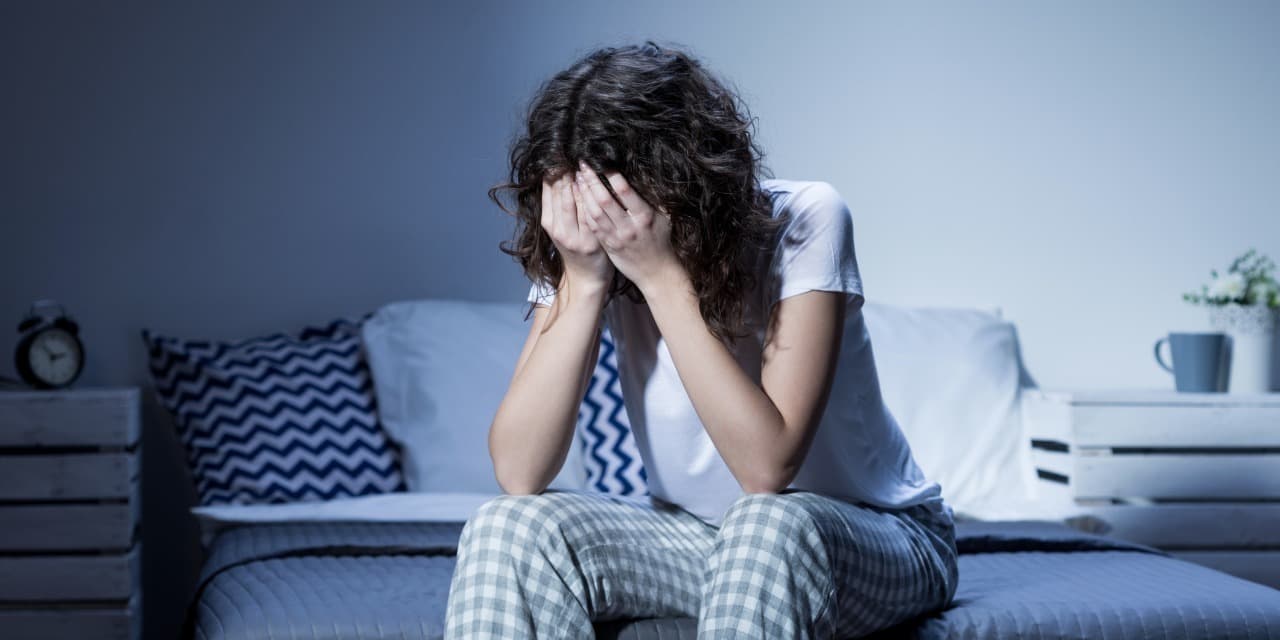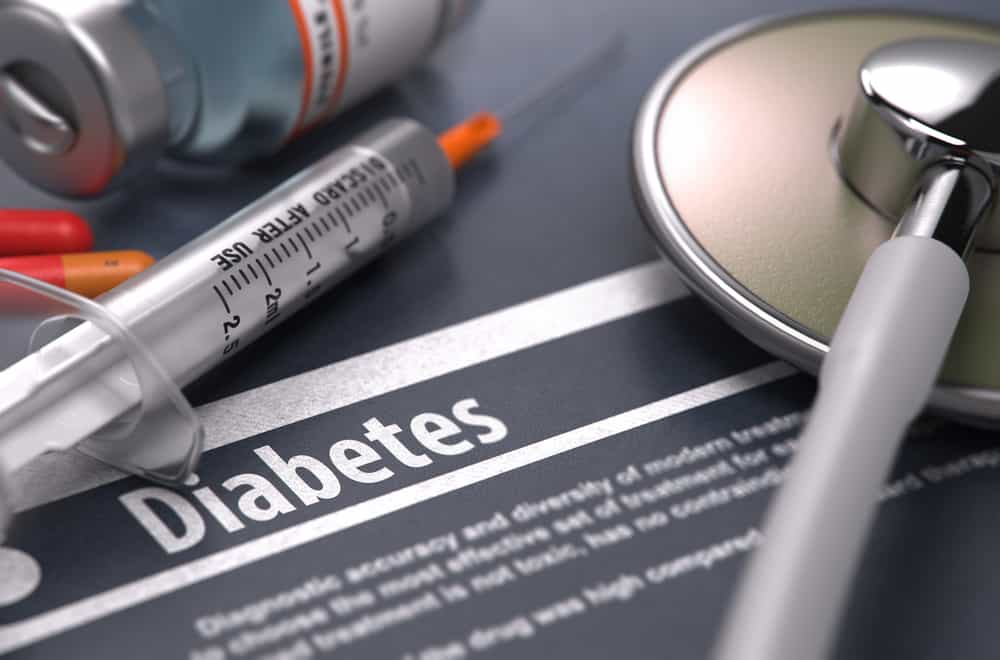Contents:
- Medical Video: Sleeping Better Feeling Better
- Why do humans have to sleep?
- How can insomnia trigger suicide?
- Tips for avoiding insomnia
Medical Video: Sleeping Better Feeling Better
The number of activities that need to be lived can make your sleep time disrupted. As a result, lack of sleep can affect your productivity the next day; because lack of sleep can make you easily drowsy, get tired quickly, or have difficulty concentrating. In fact, if left unchecked, lack of sleep can not only affect physical health, but also your mental health.
Research published in Journal of Clinical Psychiatry mentions that there is a connection between sleep problems and increased suicidal thoughts. This sleep problem is one of the factors that trigger the emergence of suicide in addition to depression factors, alcohol use, or drugs.
Why do humans have to sleep?
Sleep is not only due to fatigue, but also because of habits and lifestyle. Sleep is also not just an activity of closing the eyes, but it is a time for the body to rest and do many processes such as processing, restoration, and strengthening memories.
When you get information, in a state of wakefulness, information will enter the brain and be stored in short-term memory. But when you sleep, pieces of information will be transferred from short-term memory to stronger long-term memory. This process is known as "consolidation". Researchers have even found that after sleeping, you tend to store information and make the process of storing memories better.
How can insomnia trigger suicide?
Previous research has found that insomniacs are twice as likely to commit suicide compared to people who have no difficulty sleeping. A study in adolescents in 2011 also found that those who had problems sleeping at ages 12 to 14 years were twice as likely to have suicidal thoughts in their adolescence.
Insomnia often makes a person feel that he doesn't find calm, even at night, when he should be able to rest calmly. Finally, insomnia or sleep disorders become one of the causes of depression.
In fact, insomnia can also worsen depression because these people feel unable to find a way to recover from insomnia. As a result, they became desperate and felt that their lives were chaotic because they continued to experience insomnia from one night to another night. So, people who experience insomnia or other sleep disorders tend to experience depression which can lead to suicidal thoughts.
Tips for avoiding insomnia
If you experience insomnia, here are a few tips to beat insomnia quoted from WebMD:
- Sleep and wake up at the same time every day.
- Reduce smoking, drink alcohol and caffeine.
- Don't take too much nap, because it can affect your night's sleep.
- Exercise regularly.
- Limit activities on the bed, including playing cellphones on the bed.
- Don't eat or drink near bedtime.
- Make your sleeping environment comfortable, including the temperature, lighting and noise.
- Provide some time before bed to think about things you are worried about, which can interfere with your sleep.
- Reduce stress.
- Consider participating in cognitive therapy. Cognitive therapy can help some people with insomnia identify and correct inappropriate thoughts and beliefs that can cause insomnia.
But if these things do not help reduce your insomnia, then you need to immediately consult a doctor to get the right treatment. Because if not, insomnia or sleep disorders can make you depressed and lead to thoughts of suicide.












